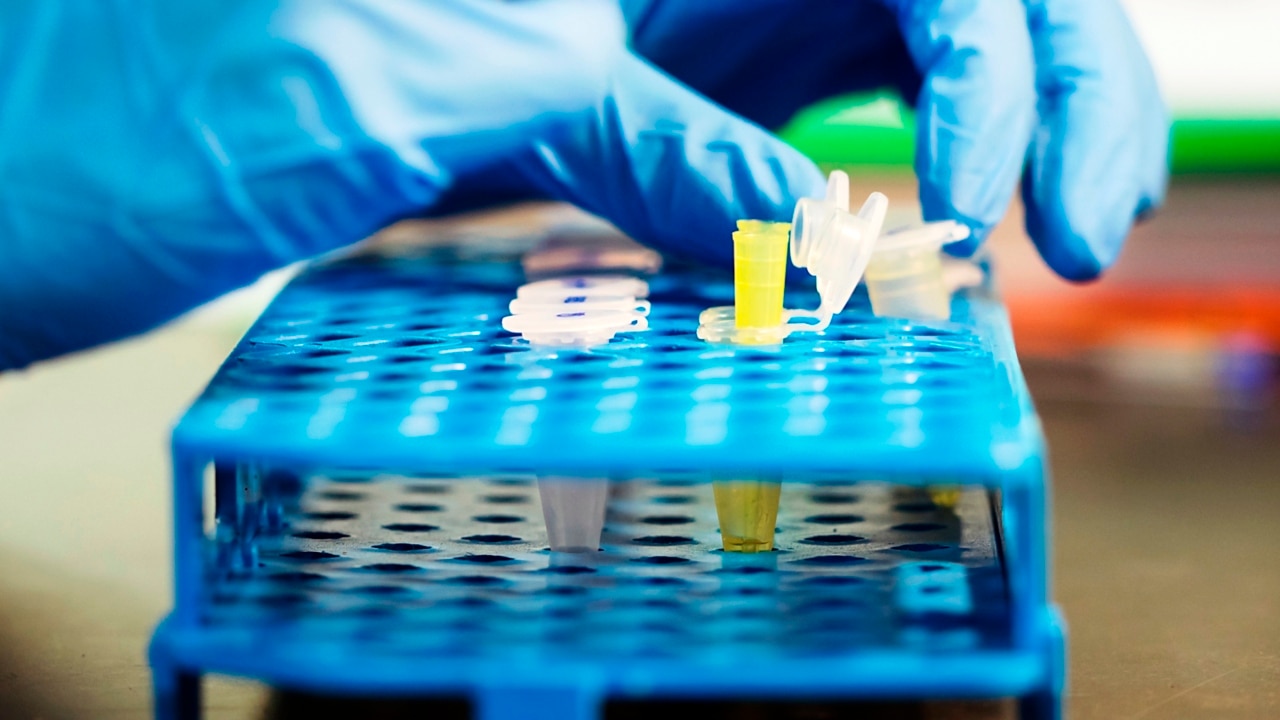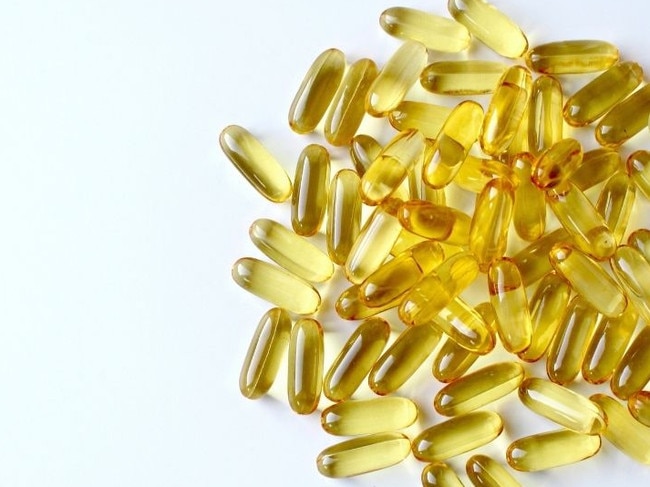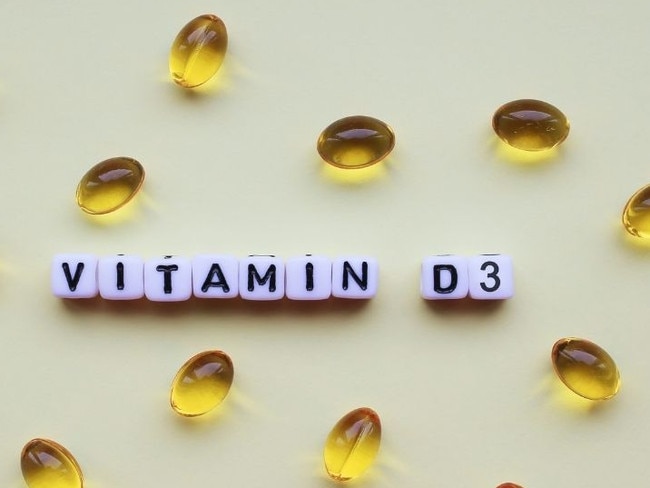A vitamin D supplement may reduce biological ageing
Taking this vitamin supplement may help turn back the clock on biological ageing, new research has suggested.

Nutrition
Don't miss out on the headlines from Nutrition. Followed categories will be added to My News.
Taking vitamin D supplements could help turn back the clock on biological ageing, research suggests.
A clinical trial found that adults who took the vitamin every day experienced less age-related damage to their DNA, which has been linked to diseases including Alzheimer’s and cancer. Taking vitamin D for four years was found to “prevent the equivalent of nearly three years of ageing”.
The study, published in the American Journal of Clinical Nutrition, involved 1054 adults aged 50 and over. They were given either a placebo or a vitamin D pill.
Scientists used regular blood tests to measure the length of the participants’ telomeres – the “caps” on the end of our DNA that protects it from damage, which naturally shorten with age. “Compared with taking a placebo, taking vitamin D3 supplements significantly reduced telomere shortening over four years,” the study found.
The authors said the supplements represented a “promising strategy to counter biological ageing” and could help lower the risk of several diseases, including dementia.
Telomeres are caps of DNA sequences found on the end of chromosomes, the thread-like structure inside cells that contains our DNA.

They have been compared to the protective plastic tips at the end of shoelaces. During our lives telomeres get shorter, which means the DNA is no longer protected – so cells can no longer properly divide and renew.
This is linked to cancer, heart disease, Alzheimer’s and a weakened immune system.
The trial, dubbed Vital, was led by a team at Mass General Brigham, a research centre that is part of Harvard University.
JoAnn Manson, the lead researcher, said it was “the first large-scale and long-term randomised trial to show that vitamin D supplements protect telomeres and preserve telomere length”.
Manson added: “This is of particular interest because Vital had also shown benefits of vitamin D in reducing inflammation and lowering risks of selected chronic diseases of ageing, such as advanced cancer and auto-immune disease.”
The participants were given a daily dose of 2,000 IU, or 50 micrograms, of vitamin D3.
Haidong Zhu, an author of the study, said: “Our findings suggest that targeted vitamin D supplementation may be a promising strategy to counter a biological ageing process, although further research is warranted.”

Previous studies have found that taking vitamin D can lower the risk of developing dementia.
The body creates vitamin D from direct sunlight on the skin when outdoors, and it is also found in foods such as oily fish and red meat. Most people get as much as they need naturally in summer but the NHS advises everyone to consider taking a daily supplement in autumn and winter, especially people who do not get outside much.
Those who are at high risk of deficiency, such as the frail or housebound, are advised to take a daily supplement throughout the year. Roughly one in five people in the UK have low vitamin D levels. The NHS says a daily dose of 10 micrograms is sufficient.
Vitamin D supports many functions in the body, including immune responses and maintaining healthy bones.
Originally published as A vitamin D supplement may reduce biological ageing



